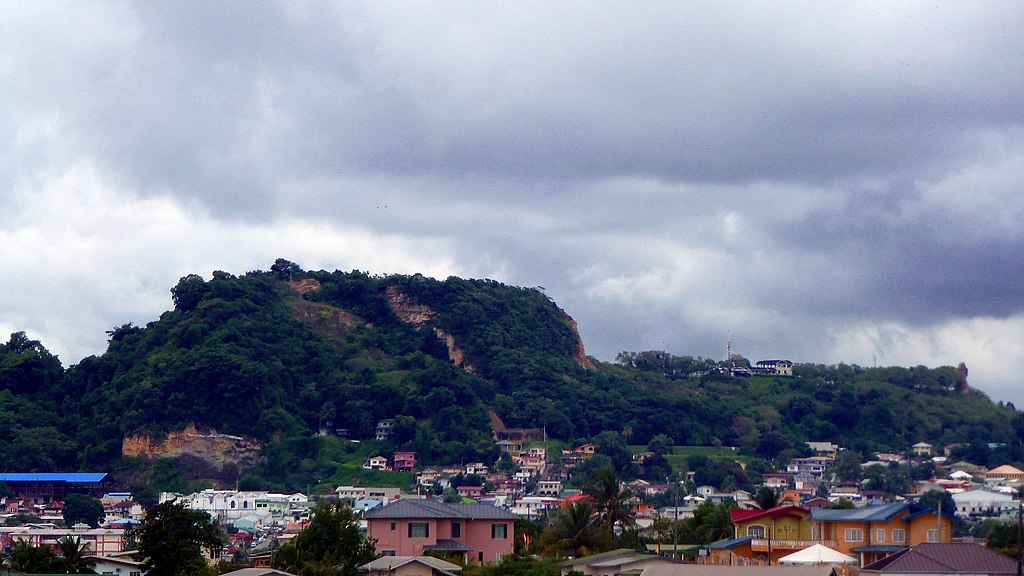About Trinidad and Tobago
About Trinidad and Tobago
Your Gateway to Trusted Financial Solutions and Global Opportunities
Trinidad and Tobago is a dual-island Caribbean nation near Venezuela, with distinctive Creole traditions and cuisines. Trinidad’s capital, Port of Spain, hosts a boisterous carnival featuring calypso and soca music. Numerous bird species inhabit sanctuaries such as the Asa Wright Nature Centre. The smaller island of Tobago is known for its beaches and the Tobago Main Ridge Forest Reserve, which shelters hummingbirds.

Population
1.531 million
Language
English
Currency
Trinidadian Dollar

Political Structure
Trinidad and Tobago follows the Westminster model of government and upholds the traditions of parliamentary democracy it inherited from Britain. The country gained independence in 1962 and became a republic in 1976. It is a member of the British Commonwealth.
The legislature consists of the bicameral Parliament, with a directly elected 41-member House of Representatives and a 31-member Senate. Senators are appointed by the President, 16 on the advice of the Prime Minister, six on the advice of the Leader of the Opposition, and nine of the President’s own choice. Elections are held every five years. The House of Representatives has 42 members when the Speaker is not already an elected member of the House.
Tobago has a regional House of Assembly, set up in 1980, with certain local powers over finances and other delegated responsibilities. It has 12 elected members and several members appointed by the political parties. Constitutional amendments have granted Tobago greater control over urban and rural development, health, education and housing, though it’s Assembly has no legislative powers.
Infrastructure and Economy
The government of Trinidad and Tobago plans to prioritize infrastructure investment in 2017. In addition to shoring up the national budget, Finance Minister Colm Imbert has highlighted the building push as something critical to moving the country forward as it tries to diversify its economy.
The government must reduce its dependency on oil income, Imbert in his 2017 budget assessment last fall, and it is pledging to redirect resources “towards spending on essential economic infrastructure.” He added that, “Macroeconomic and financial stability as well as investment in infrastructure and support for private sector development remain our core objectives.”

